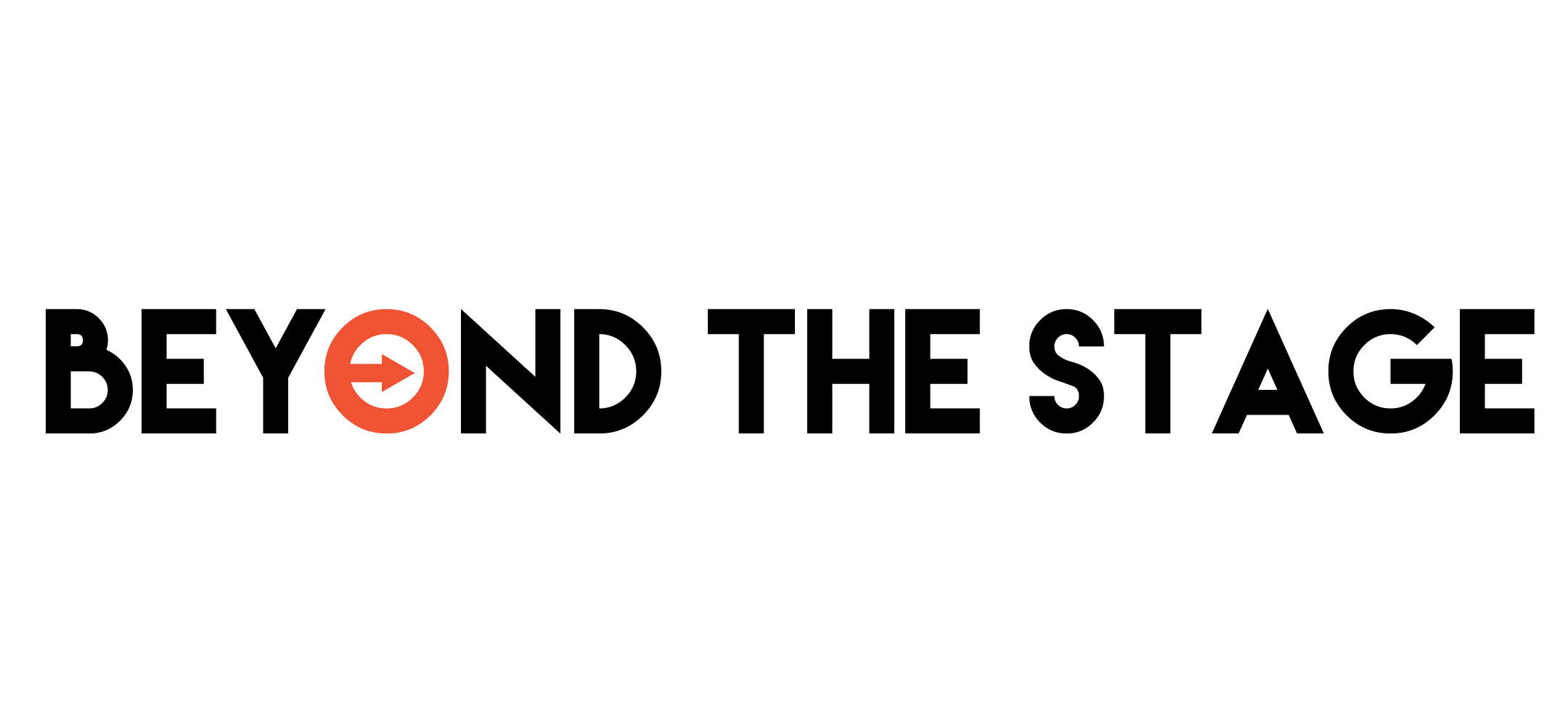If the term “triple threat” is used to describe a multi-talented entertainer, known for excelling in multiple avenues of entertainment, a “quadruple threat” should just be called a Janelle Monáe. Monáe was first introduced to the world as a singer, releasing her debut album The ArchAndroid in 2010 and her sophomore album The Electric Lady in 2013, both of which were met with widespread commercial success and critical acclaim. In recent years however, Monáe has become known for her abilities as an actress as well, with roles in Hidden Figures and Moonlight, the later of which took home the Academy Award for Best Picture in 2017. When Monáe recieved the scripts for Hidden Figures and Moonlight, she decided to take a break from working on new music, in order to fully dedicate herself to the roles. Once the films were released however, all bets were off. Anticipation grew with each passing day, as the knowledge that Monáe could make her triumphant return to the music world at any moment was more present than ever.
Her return came in late February, when she dropped two singles, “Django Jane” and “Make Me Feel”, along with their accompanying music videos. She also announced that her highly anticipated third studio album would be released in late April, and would be called Dirty Computer. The album’s title and concept comes from Monáe’s belief that humans are essentially computers in the way we operate, as we are constantly uploading, downloading, and transmitting all sorts of information. She believes that we are also computers in the sense that we all have viruses. The only difference is that while a computer virus can be easily seen and diagnosed, human viruses are sometimes not viruses at all, but rather socially constructed ideas about what makes someone inferior or dirty. The dirty computers are those who because of factors such as race, gender, and sexuality, will be viewed as having viruses. This album is essentially Monáe claiming her status as a dirty computer, and reveling in the things about herself that many people will see as a virus, because to her, they are beautiful.
From beginning to end, Dirty Computer seamlessly walks the line between being aggressively political and carelessly joyous, all with unmistakable passion. The album is also arguably Monáe’s most accessible album to date, as it is much more pop leaning than her previous efforts, which fell into theatrical R&B territory. Tracks such as the bouncy and rubbery “Make Me Feel”, the sleek and sexy “Crazy Classic Life” and the bubbly and electric “Pynk”, all perfectly exemplify this poppier pivot. With these tracks, along with “Screwed”, which pays clear homage to Prince’s iconic 1986 hit “Kiss”, as well as a feature from Zoe Kravitz, Monáe remains as unique as ever, and shines in spectacular fashion.
Monáe’s intense thematic details shine as well, as regardless of subject matter, she is making her voice heard. Standout track “Pynk”, which features soft and understated verses and rocking electric guitar on the chorus, serves as a self proclaimed “pussy power” anthem. However, this track is so much more than celebrating vaginas themselves, but rather the power and magic that womankind possesses. The track’s video features Monáe and several of her dancers wearing what have been described as “vagina pants”, however not everyone was donning these fancy trousers. This was meant as an ode to women who may not have a traditional vagina, such as transgender women, intersex women, and women who have survived genital mutilation.
Monáe also proves on the braggadocious and empowering “Django Jane” that she is just as an extremely powerful presence as a rapper as well, as she passionately delivers line after line, exploring her past, female empowerment, awards, politics, and “black girl magic”, to name a few. While on the surface it may seem like a typical brag rap track, Monáe’s charisma and extremely clever and political wordplay creates something much more poignant and impactful, making for arguably one of the best rap tracks in recent memory. Monáe even finds a way to incorporate her rapping skills in more than just “Django Jane”, as “Crazy Classic Life”, “Screwed”, and “I Like That” all feature rap verses near the end, giving the already dynamic tracks a whole new dimension.
Monáe does not shy away from aggressively political moments as well, as even many of the bright and perky songs have more serious and pressing undertones. Nowhere is this more apparent than in the album’s final track “Americans”, where Monáe cheekily highlights many of the country’s problems, all while remaining unabashedly patriotic, as she sings about claiming her country and defending her land. Perhaps the most compelling part of the track however is the stunning dichotomy of the sweet and sparkly track, paired with the spoken bridge and outro from an uncredited man, who passionately declares that until certain injustices are fixed, “This is not my America”. This comes as easily one of the most powerful moments on the album, dead center in one of the most undeniably peppy tracks Monaé has ever released, making for a genius twist on a patriotic anthem. The last line on track, which happens to be the last line on the entire album, announces “Please sign your name on the dotted line”. This serves as a sort of declaration of intention, asking the listener directly if they will sign off on a flawed America, or if they will fight to correct injustices, that have become all too common, ending with a question looming. Will you be someone that falls into the system that tells computers they are dirty and flawed, or will you be the one to see the flaws and bugs as something beautiful? Without a doubt, Monáe is the later. All in all, Dirty Computer shows Janelle Monáe empowering herself, her fellow dirty computers, and the world around her, all while having the time of her life.
5/5
Download: “Django Jane”, “Americans”, and “Make Me Feel”
- PHOTOS: Porter Robinson – Portland, OR – 10/31/2024 - November 9, 2024
- PHOTOS: Maggie Rogers – Portland, OR – 10/30/2024 - November 8, 2024
- PHOTOS: Sophie Ellis-Bextor – Portland, OR – 09/09/2024 - September 17, 2024








